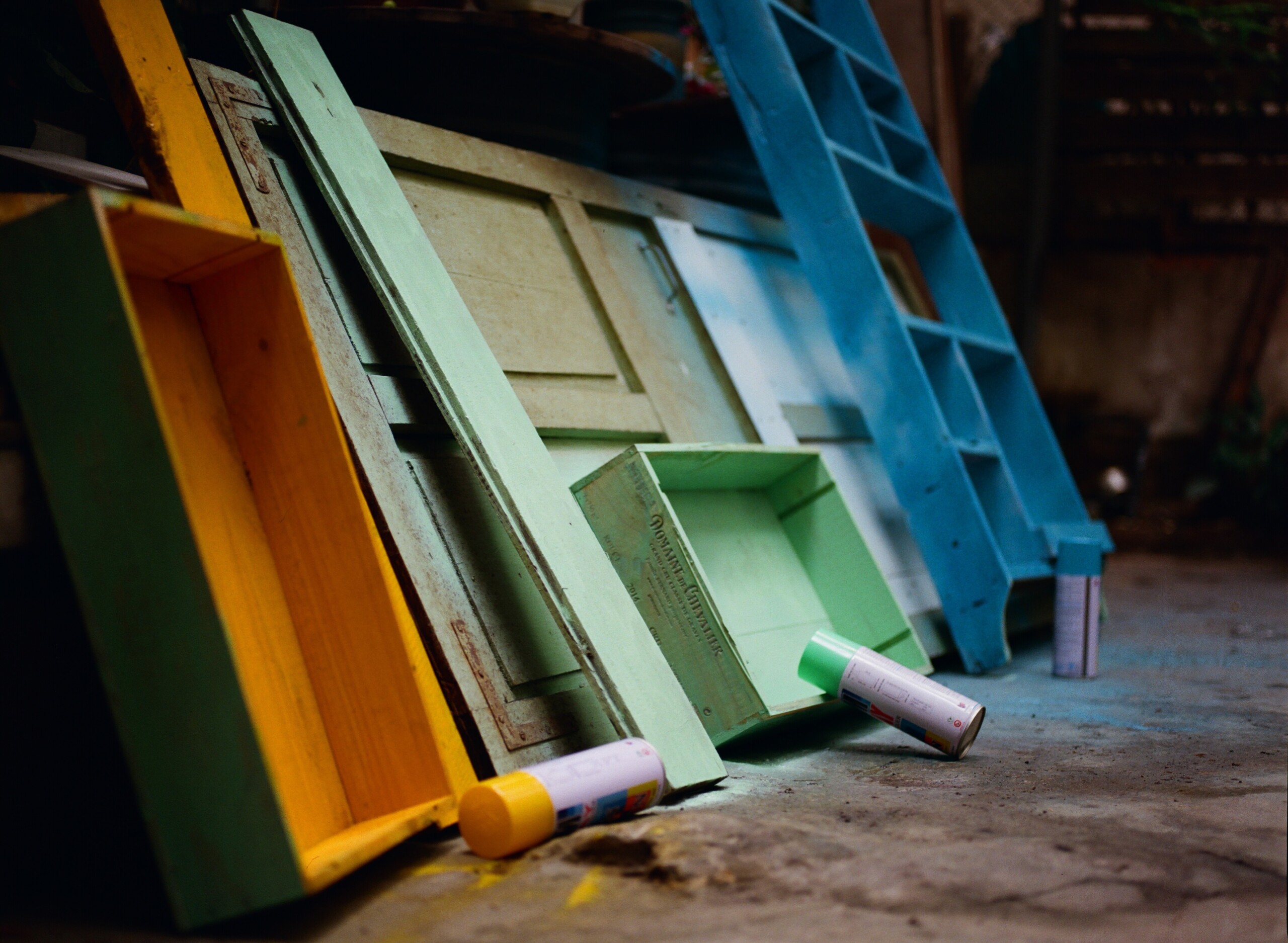
Home improvements can be costly, but there are several ways to save money while still achieving your desired results. Here’s how:
- Set a Budget: Before you start any project, determine how much you’re willing to spend. Stick to your budget to avoid overspending.
- Plan Thoroughly: Create a detailed plan that outlines all the materials and labor needed. This will help you avoid last-minute expenses and impulse buys.
- DIY Whenever Possible: If you have the skills and tools, consider doing the work yourself. You can save a significant amount of money on labor costs.
- Shop Smart: Compare prices at different stores and look for sales, discounts, and promotions. Consider using apps or websites that track prices and provide alerts when there are price drops.
- Reuse and Repurpose: Salvage and repurpose materials from your existing space. For example, you can repaint or refinish old furniture rather than buying new items.
- Buy Secondhand: Shop at thrift stores, garage sales, and online marketplaces for used furniture, appliances, and building materials. You can often find high-quality items at a fraction of the cost.
- Bulk Purchases: Buy materials in bulk to get discounts. This is particularly useful for items like paint, flooring, or tiles.
- Timing Matters: Plan your project during sales seasons or when demand is lower. For example, you can often find deals on outdoor furniture at the end of summer or on holiday decorations after the holiday season.
- Do Partial Projects: If your budget is tight, consider breaking down your project into smaller phases. This allows you to complete it gradually as funds become available.
- Energy-Efficient Upgrades: Invest in energy-efficient appliances and fixtures. Although they may have a higher upfront cost, they can save you money in the long run through reduced energy bills.
- Reuse Fixtures: Instead of buying new fixtures, like faucets or lighting, consider cleaning and refurbishing the existing ones.
- Ask for Discounts: Don’t be afraid to ask for discounts or negotiate prices, especially if you’re making large purchases.
- Permits and Regulations: Make sure you understand local building codes and regulations. Avoid costly fines by ensuring your project complies with the law.
- Safety First: Accidents can be costly. Invest in safety equipment and take precautions to avoid injuries that could result in medical bills or delays in your project.
- Maintain Your Tools: If you’re doing a DIY project, make sure your tools are in good working order. Regular maintenance can extend their lifespan and save you from having to replace them.
By following these money-saving tips and carefully planning your home improvement project, you can transform your space while staying within your budget.

